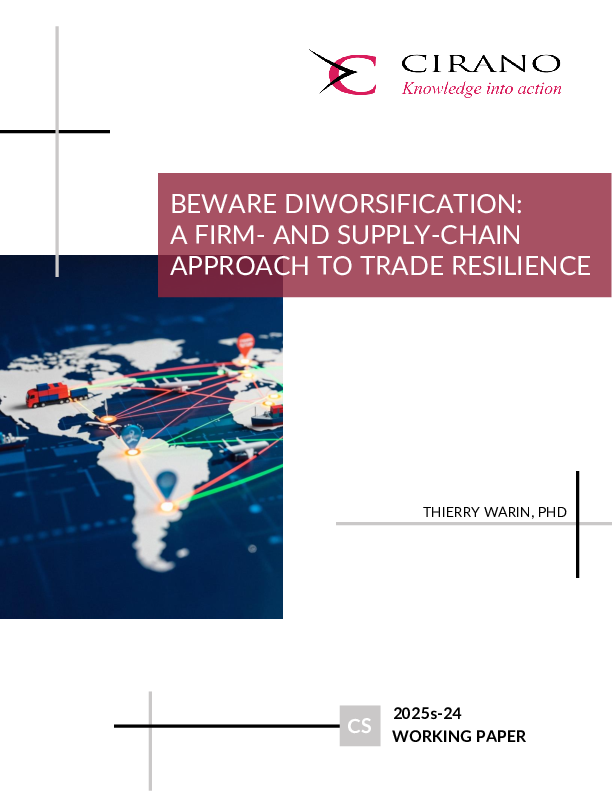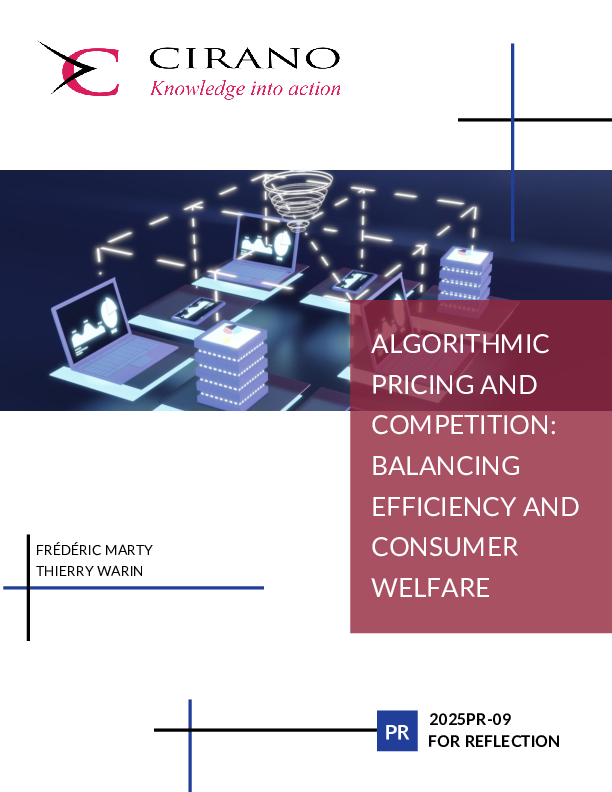Profit Effects of Consumers’ Identity Management: a dynamic model
We consider a non-durable good monopoly that collects data on its customers in order to profile them and subsequently practice price discrimination on returning customers. The monopolist’s price discrimination scheme is leaky, in the sense that an endogenous fraction of consumers chooses to incur a privacy cost to become "active", i.e., to be able to conceal their identity when they return in the following periods. We characterize the Markov Perfect Equilibrium of the game. We find that, regardless of the accuracy of data on their customers, managers adjust their pricing and market expansion strategies to the presence of active customers in the following way: (i) reduce the pace at which introductory price falls over time, and (ii) strategically guarantee that market expansion is incomplete. The equilibrium number of passive customers in the market is found to be increasing in the level of the privacy cost. Investigating the impact of customers’ identity management on profits, we find that the monopoly profit is a U-shaped function of the privacy cost whatever the degree of the monopolist’s information accuracy. Still, the profit effects of consumers’ identity management choices are shown to depend on the monopolist’s profiling capabilities. Two customer profiling structures are compared. In the case of full information acquisition (FIA), the firm can practice personalized pricing on returning passive customers, while in the case of purchase history information (PHI), it has only enough information for group pricing. We show that in the FIA case, the monopoly equilibrium profit is globally an increasing function of the privacy cost while in the PHI case, it is almost always a globally decreasing function of it.




